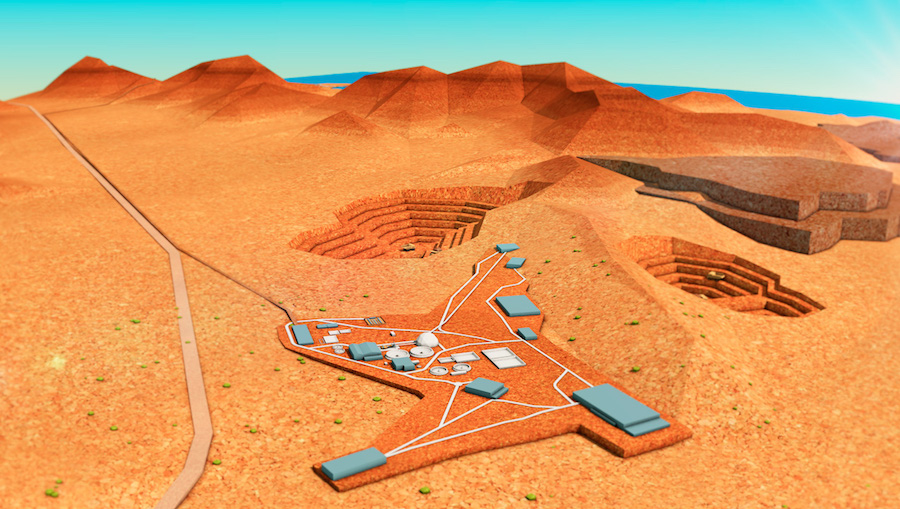
An iron and copper mining project in northern Chile that has raised environmental concerns could eventually face scrutiny by the Supreme Court, the environment minister said on Tuesday, after a local tribunal annulled a 2023 denial of a proposal for the $2.5 billion Dominga mine.
Chile’s Andes Iron has attempted for years to develop the project in the Coquimbo region, but faced opposition from environmentalists. It became a symbol of permitting and environmental challenges in Chile, the biggest copper-producing country.
A government review committee in January 2023 blocked a key environmental permit, but a Chilean environmental court on Monday deemed that rejection invalid. It ordered the body, comprised of government ministers, to re-do its analysis within 15 days.
Environment Minister Maisa Rojas said she could not comment on details of the case, but noted it could reach the Supreme Court if further rulings are appealed.
“This is a decision that may still be considered by the Supreme Court and we cannot refer to the substance of the matter because it is a pending process,” she said in a statement.
The government review committee has power to approve or deny resolutions by environmental authorities. However, the environmental court that oversees the Coquimbo region, known as the First Environmental Tribunal, said the committee failed to act impartially in its 2023 decision.
The project should be reviewed by “a panel of ministers who are not involved in situations that compromise their impartiality and administrative integrity,” the court said in its ruling on Monday.
The mining project would be located 500 kilometers (310 miles) north of Chile’s capital Santiago, near ecological reserves. Critics say its proximity to environmentally sensitive areas would cause undue damage.
Andes Iron said its project complies with environmental regulations and requirements.
(By Fabian Andres Cambero and Daina Beth Solomon; Editing by Rod Nickel)
Comments